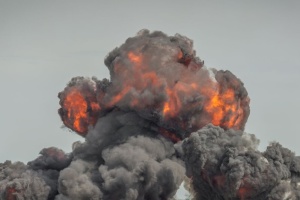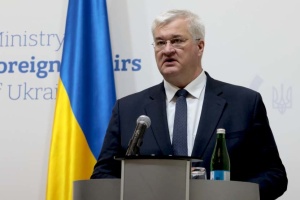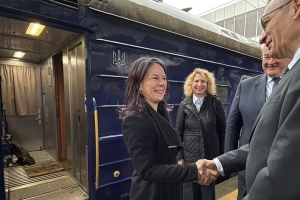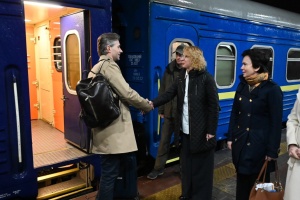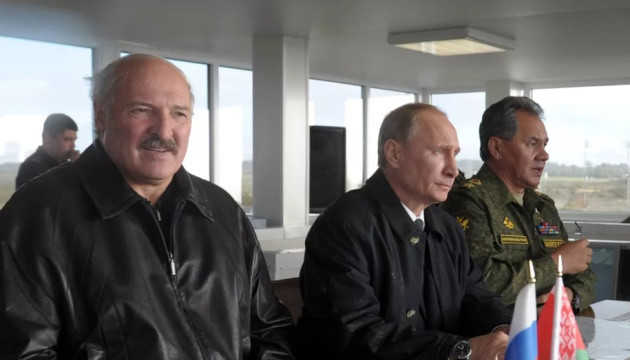
Zapad 2021 maneuvers and Anschluss 2023 without a chance to any maneuver
The talks between Vladimir Putin and Alexander Lukashenko, held in the Kremlin on September 9, have a long background. First, the Belarusian ambassador to Moscow said that all unification programs, formerly known as “road maps of deep integration,” would be signed. Then this comment was sort of refuted, or more precisely, specified, by Lukashenko, that the documents will only be agreed, not signed, and that the solemn sealing of all such documents will take place later – by the relevant bodies of the “Union State of Russia and Belarus.” But the difference isn’t too significant…
And all this happened – and this is important – the day before the start of the Russian-Belarusian joint exercises Zapad (West) 2021. And then on Friday, on the day they launch, the Council of Ministers of the “Union State” will convene in Minsk, to kick off the green-lighting of the already agreed union program. So this absorption-style unification initially bears a militaristic connotation.
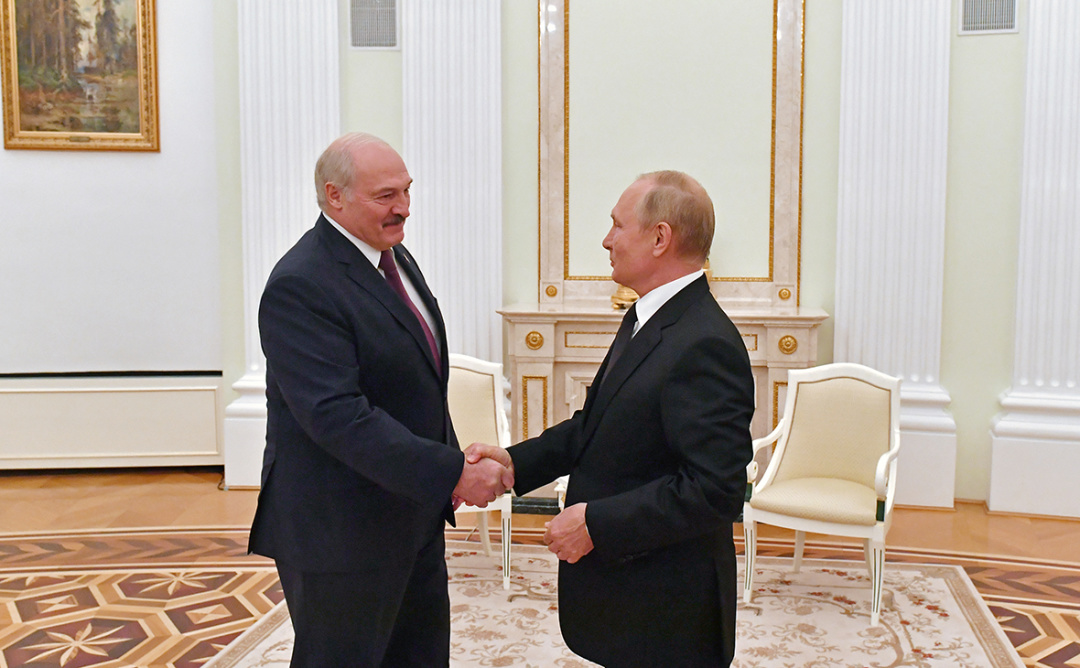
SHRUNK SOVEREIGNTY – NO SINGLE CURRENCY. FOR NOW…
Lukashenko's latest visit to Putin was his fifth this year. It should be noted that Putin never came to Minsk. Indeed, after all, it’s not a Khan’s business to be visiting his vassal. Moreover, this time, on September 9, Putin saw it necessary to separately emphasize this asymmetry, saying during the open part of the Lukashenko meeting: “I asked you to drop by in order to take stock of what’s been done recently in shaping the Union State’s development programs…” It needs no explanation that his “asked you to drop by” is a diplomatic (for now) euphemism for a more honest “told you to report.”
The negotiations of "Europe’s last dictators" lasted more than three hours. Judging by the subsequent joint press conference, Lukashenko tried to preserve what’s left of his country’s sovereignty, but he’s becoming less and less successful to this end. It is significant that it was Putin who made all the key statements at the meeting with his media minions. In turn, Lukashenko only assented and nodded with a forced smile, speaking of the benefits of the Russia-Belarus integration. At the same time, he occasionally tried to defend at least some bits of independence, albeit carefully so as not to anger his boss.
Then Putin spoke of coordinating all 28 programs. Then he clarified the various parameters of the approvals. For example, that "by December 1, 2023, a document will be signed on the creation of a unified gas market within the union state." This agreement will be concluded on the unification of oil and petroleum markets and an agreement on a common electricity market. That Russia and Belarus are moving "to a unified industrial policy and access to government procurement and government orders." That in the documents agreed upon during the negotiations, "we are talking about the integration of currency systems and the principles of levying indirect taxes."
But what about Lukashenko? Did he have anything to say in response, specify or even object? Well, of course, he is happy about that cheap gas and oil. But what’s the cost? It’s the shrinking of own sovereignty. And he can't argue with the rest... Well, except perhaps, his response to Putin's thesis about "the integration of currency systems," The Belarus leader muttered that a decision on a joint currency was yet to be reached as "the problem is where the emission center will be located." Putin smiled, rather condescendingly – he knows exactly where, in the end, "the emission center will be located."
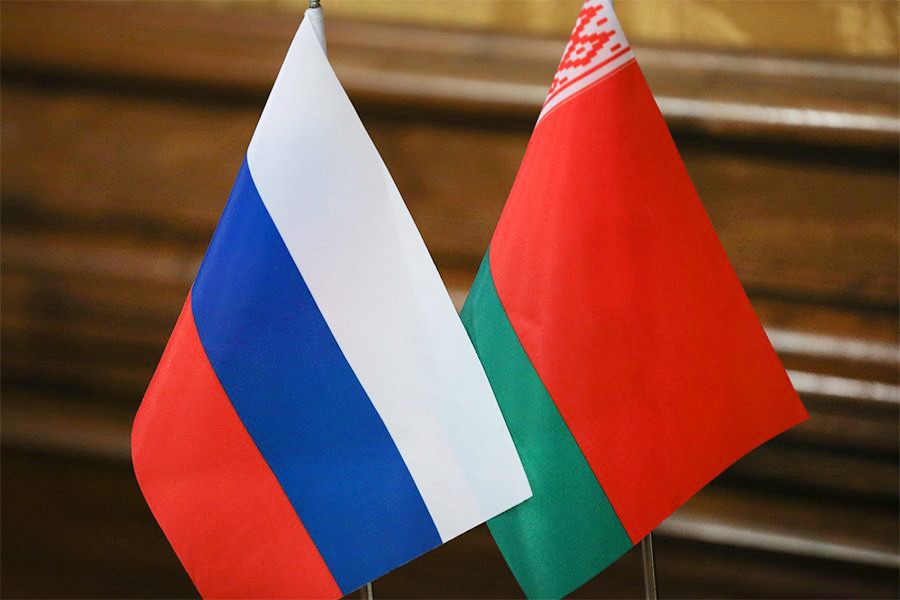
COMMON PARLIAMENT OF THE RUSSIAN FEDERATION AND BELARUS – COULD THIS BE A REAL THING? WHEN?
In politics, diplomacy, and legal field, a wonderful phrase: “not ruled out." Very often, it is after such a neat phrase that the most important thing follows. This was the case here, too.
For a start, Putin recalled: "As for political integration, such tasks had been set in the Union Treaty from the very start, when it was shaped in 1997, when it was signed a little later." However, according to him, it will be necessary to talk about a union parliament a little later as "we must first create an economic basis, an economic foundation."
And so, (attention!), the key point follows: “We believe first of all it is necessary to settle things with the economy, and then everything will naturally require additional regulation, including, perhaps, at the level of a Union parliament. I don’t rule out that it can be created. But to this end it is necessary, as they say, to grow up." A careful but weighty notion…
And then came the "Kalashnikov's verbal rifle" when a permanent participant in propaganda panel shows, head of the State Duma committee on CIS affairs, Leonid Kalashnikov took the stage. As is usual in Russian politics, where to ensure a successful career you need to run ahead of a train, he said that setting up a common parliament would be an easy thing to accomplish: “I believe this will be a fairly quick process. If both sides start agreeing on this, referenda will be required, and if people approve of the idea, then it’s only about the political will of the elites, which will find its implementation in specific documents ... We could amend legislation of the two countries and hold elections. I think this could take from 12 to 18 months.”
So it’s 12 to 18 months! That is, we’re talking about autumn 2022 or spring 2023. And this is no coincidence because Putin spoke about the common gas market of the "union state" to be set up by December 2023. But Russian politicians "running ahead of the train" need to make harsher, "outstripping" statements so that Putin looks moderate against their background.
Kalashnikov also recalled the "Union State" project, whose foundations were laid in the 1990s. Then the young, vigorous, and aspiring dictator Lukashenko hoped to replace the aging and less democratic Yeltsin in the Kremlin. But now a quarter of a century has passed and the situation has changed dramatically. That project, systematically lobbied by Putin, is eventually leaving Lukashenko with curtailed power.
Kalashnikov went on: “The creation of a union state (of Russia and Belarus – ed.) presupposed a common parliament and a common currency. Sooner or later we will come to this. Maybe it will be an alliance not only with Belarus, maybe other states will join later. The European Union has been and is moving along this path ... Some Belarusian elites weren’t ready for this. It would be really great and mark the beginning of the resurrection of the Soviet Union under a different name."
And here lies an open threat to all post-Soviet states, including Ukraine. This topic, of course, was instantly picked up by Russian propagandists. Someone went for army-type frankness: "Belarus ready, Ukraine get set!" Others more tenderly pursue the theme of in-depth comparison of the European Union with the USSR, already starting to tempt Ukraine with Belarusian gas prices for 2022 ($128.5 per 1,000 cubic meters).
What can I say? The same old "hydrocarbon hook…" It had been working for so many years, and they still hope to use it against Ukraine. Russian political assets in Ukraine are probably already studying the new Kremlin manuals on the issue.
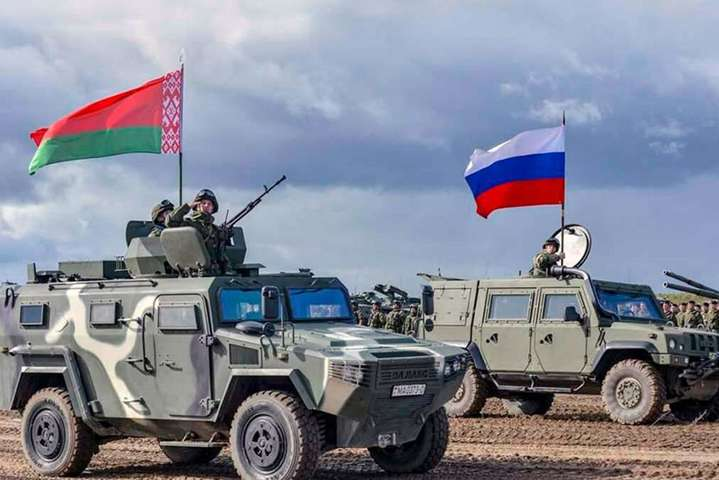
"COMMON DEFENSE SPACE" AS A NEW THREAT
At a joint press conference, Putin also announced the creation of a "common defense space." This time he stopped short of further elaborating on the issue. But the strategic Russian-Belarusian exercises Zapad-2021, which will start today, are, as it were, a prototype of such a space. This is a long-standing threat that is now taking on a new meaning after an agreed “deep integration”.
The West 2021 maneuvers are held in Russia (and Belarus) every four years. For obvious reasons, the Baltic States have traditionally been most concerned about them.
It is obvious what shifts that have taken place in Belarus over the past four years were the major ones. In Belarus, in August last year, a national-democratic revolution began before being suppressed a few months on. Then, in retaliation for sanctions imposed against his regime, Lukashenko unleashed a migrant hybrid war against Lithuania, Poland, and Latvia – speaking generally, against the entire European Union.
And now, to these obvious threats, which appear even nastier against the background of the West 2021, another one has been added since September 9 with the launch of an authoritarian integration process in the post-Soviet space – the one of a new, higher level. And we’re yet to fully realize and evaluate its expansionist potential.
Oleh Kudrin, Riga


